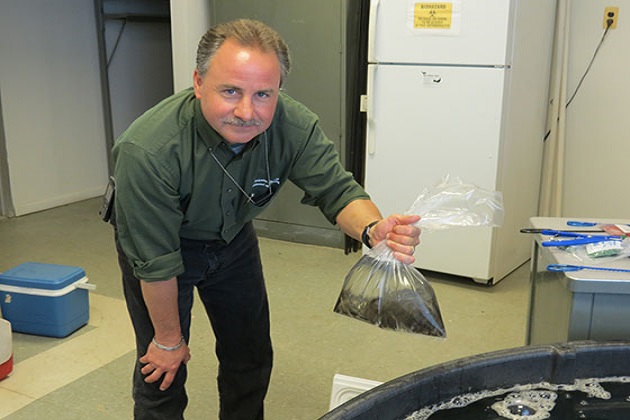
The Westchester County Department of Health reminds residents to dump out standing water on their property after it rains, and to use insect repellents when outdoors in the early morning and late afternoon to avoid being bitten by mosquitoes that could carry West Nile Virus.
People only get West Nile Virus when they are bitten by a mosquito that has bitten an infected bird. To protect our community, we are asking residents to help reduce the mosquito population.
To help eliminate mosquito breeding grounds:
- Remove common backyard mosquito sources such as old tires, buckets, wheelbarrows, toys and other items from your property that can collect water.
- Cover outdoor trash containers to keep rainwater from accumulating inside
- Drill holes in the bottoms of recycling containers that are left outdoors.
- Drain water in birdbaths, plant pots and drip trays twice a week.
- Clean and chlorinate swimming pools, outdoor saunas and hot tubs. Keep them empty and covered if not in use; drain water that collects on pool covers.
- Residents who notice large areas of standing water on public property should report this to the Westchester County Department of Health at (914) 813-5000.
To reduce your risk of mosquito bites:
- Avoid being outdoors in places and during times where and when mosquitoes are active and feeding.
- Cover exposed skin by wearing long-sleeved shirts and long pants.
- Use EPA-registered insect repellents containing DEET, picaridin, oil of lemon eucalyptus (OLE), or IR3535. Always use as directed and wash treated skin with soap and water after returning indoors.
- Pregnant and breastfeeding women can use all EPA-registered insect repellents, including DEET, according to the product label.
- Most repellents, including DEET, can be used on children aged >2 months.
- Insect repellent use and safety (EPA)
- Use permethrin-treated clothing and gear (such as boots, pants, socks, and tents). You can buy pre-treated clothing and gear or treat them yourself.
- Stay and sleep in screened-in or air-conditioned rooms.
- Make sure doors and windows have tight-fitting screens and repair or replace screens that have tears or holes.
Want to learn more about mosquito activity and prevention in Westchester County? Read our report Mosquito Control and Surveillance 1999-2017.
Dead birds
The United States Department of Agriculture and the Westchester County Health Department are no longer taking reports of dead birds or submitting birds for West Nile virus testing.
If you find a dead bird, please dispose of it properly. To dispose of a dead bird:
- Use gloves and a double layer of plastic trash bags to pick up the bird.
- Using your gloved hands and a doubled trash bag, enclose the dead bird in the bags.
- Close and tie the bags and dispose in the trash or as directed by your municipality.
- Wash your hands with soap and warm water.
West Nile virus is not transmissible via touching a dead bird. A person must be bitten by an infected mosquito for transmission to occur. If you have any questions please contact the Westchester County Health Department at (914) 813-5000.
Resources